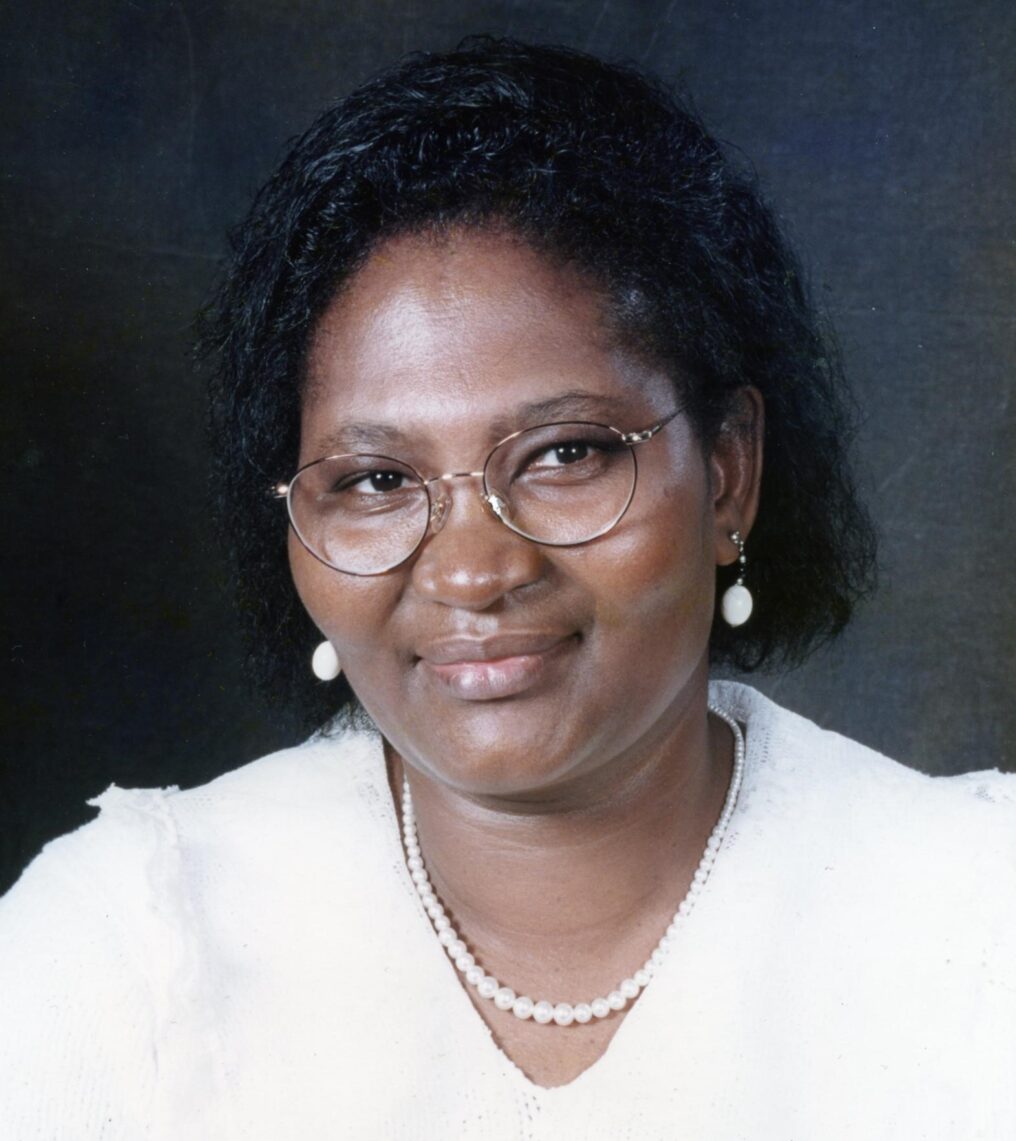For 50 years, Jubilee Housing has both fostered and benefited from the gifts of many exceptional leaders. This February, we are fortunate for the opportunity to celebrate Black History Month at the same time we are celebrating five decades of mission.
“Let’s think of Black History Month the way our nation honors its greatest moments and greatest people,” says Audrey Walker, Jubilee Housing Director of Youth Services and head of the organizing committee for Jubilee’s Annual Black History Month Celebration. “Let us appreciate Black History Month in a similar way — as when our government sets aside a month or day, thereby giving it a special meaning for all Americans. No one should think that Black History is confined to the month of February, when evidence to the contrary appears everywhere and in every month. Black History Month is not a token. It is a special tribute — a time of acknowledgment, of reflection, and inspiration — that comes to life in real and ongoing activities throughout the year.”
Many Black leaders have shaped and fueled Jubilee’s work, and we are honored to share stories of three of those leaders this month — Margaret Wanjui, Rosa Hatfield, and Charletta Cowling — with more stories to come in the year ahead.
50th Anniversary Stories
Margaret Wanjui: Living Through Faith and Compassion
by Shelley Picot
Margaret Wanjui was a Jubilee Housing resident, Christ House staff member, and neighborhood advocate.
From Kenya to the United States
Margaret Wanjui was born in Kenya in 1948, the oldest of nine children. After seventh grade, she left formal schooling to help care for her family. A single event, however, would change the course of her path: a Kenyan government program that sent citizens abroad to further their education had an unexpected opening.
“There was another person in the program who was supposed to go to the United States, but she could no longer go,” her daughter Theresa Atta shares. “They were looking for a replacement and someone said ‘Margaret would really benefit from this opportunity.’”
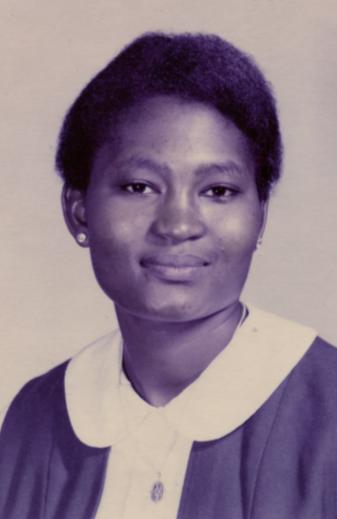
The opportunity would prove to be transformative. Margaret immigrated to the United States, enrolled in school, and worked as a nanny in New York City and Boston.
In the 1960s, then in her early 20s, Margaret moved to Washington, DC, eventually finding her way to a historic building called The Mozart in Adams Morgan. She lived there for many years when, in 1973, the building was purchased by a small group of volunteers with plans to renovate and manage it. That group of volunteers was Barbara Moore, Terry Flood, Carolyn Banker Cresswell, and others from the Church of the Saviour, and that purchase was the beginning of Jubilee Housing.
A Pillar of the Community
In Jubilee Housing, Margaret found a community of people determined to work in partnership and connect each other to opportunities. It was during this time that she connected with the Black Student Fund, which enabled all five of her children to go to independent schools.
“She had a lot of foresight,” Theresa says. “She came to this country without a lot of resources and wanted to take advantage of any opportunities that were available.”
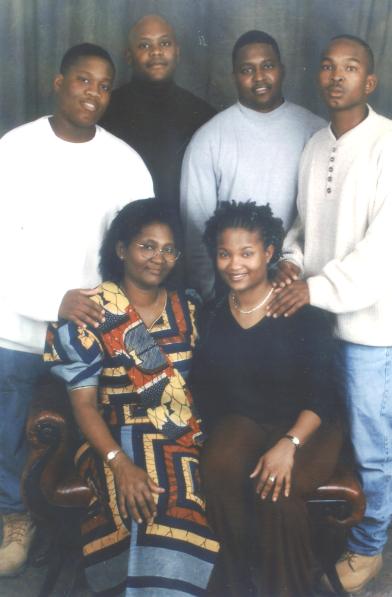
Margaret was not only a beneficiary of these opportunities, but a determined advocate for her neighbors and the wider community.
Margaret served many years on the Jubilee Housing Board of Directors, providing essential feedback on decisions that affected residents. When Good Shepherd Ministries was founded to provide afterschool and summer programs to kids in Jubilee Housing and the surrounding community, Margaret was one of the first to enroll her children.
She developed close relationships with the program’s founders, Barbara Moore and Pat Sitar, who asked if she would fill a need for a parent advocate. Margaret did so with enthusiasm, inviting parents to send their kids and teens to the program and sharing opportunities such as the Black Student Fund. Good Shepherd Ministries would become the precursor to Jubilee Youth Services, which today continues to engage students in kindergarten through college in impactful afterschool and summer programs.
Margaret was also one of the first employees hired at Christ House, a medical facility for homeless men and women, when it opened in 1985. As head cook, she provided meals to residents and oversaw a team of volunteers. Working with people who were vulnerable, she would aim to nourish with both her food and her spirit.
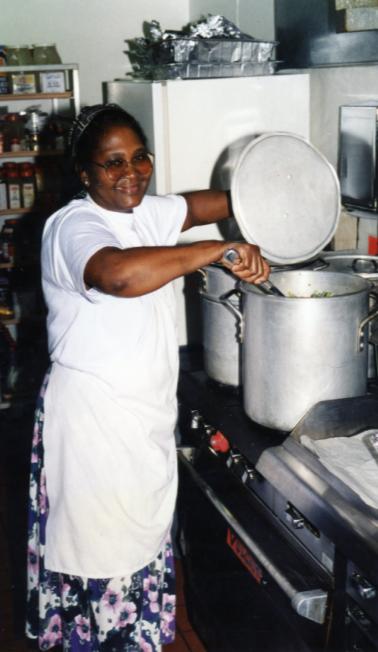
“She would really build relationships with patients, which was a substantial part of the healing that occurred,” says Mary Jordan, a nurse at Christ House who worked with Margaret for many years. “If we had someone come in that needed special foods, she would sit at their bedside and ask what they needed, really provide for them. She always had a capacity to continue to welcome people again, and again, and again, communicating a receptiveness to who they were without judgment, and I think that message is important to a person who is in a lot of pain.”
On Saturdays, a group of individuals from Christ House’s Kairos Program, a long-term housing and services program for patients recovering from chronic illness, would attend Alcoholics Anonymous meetings at the Festival Center. Even though the regularly scheduled breakfast had ended by the time the meetings were finished, Margaret would make a special breakfast for the residents, sitting and eating with them when they returned.
“She was known to really extend herself and deeply care about people,” Mary reflects.
This deep graciousness and care for others was evident in the relationships she formed with many in the neighborhood. Walking around Adams Morgan, from her home in Jubilee Housing, to work at Christ House, or to her beloved St. Augustine Catholic Church community, it seemed like adults and children alike knew her. An emissary of goodwill in the neighborhood, she often elicited genuine enthusiastic responses from the people she encountered.
Theresa recounts, “It was hard not to know her. She wasn’t just a mother to her biological children, she was a respected adult for many in the neighborhood.”
Founding Covenant House
Margaret’s compassion and vision extended beyond Jubilee Housing and Washington, DC.
When her younger sister in Kenya fell ill, her sister’s children, then young adults, faced housing uncertainty. Margaret started thinking about building a home for her nieces and nephews. However, when Margaret arrived in rural Kenya, she saw that there was a greater need, as many others were without homes.
What was going to be a one-level home became Covenant House: a two-level complex with multiple units providing housing to families in rural Kenya who would otherwise have none.
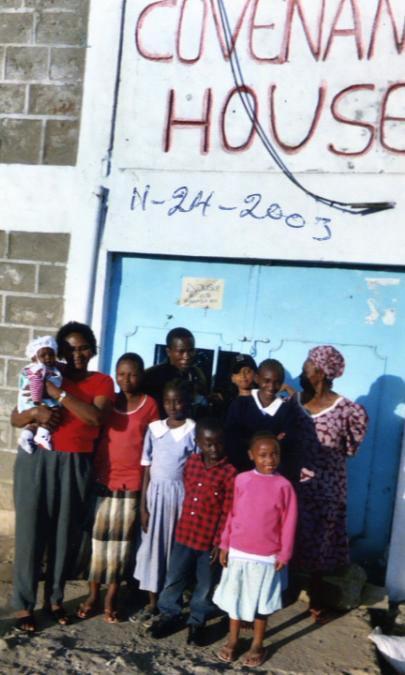
Margaret founded Covenant House without any formal partnerships with established national or international nonprofit organizations. At first, she siphoned her own savings to fund the project. When she saw it needed to expand, she started doing informal fundraising from family members and the community. Then, word spread, and her community rallied around the project.
“She was deeply involved in her St. Augustine community and spent more than 30 years at Christ House managing volunteers, so many people would come to her to contribute and say, ‘this is for Covenant House,’” Theresa shares.
Margaret kept her network informed with progress updates and photos. Though she likely encountered the typical difficulties and delays that come with construction, she never wavered. If a problem arose, she would identify the solution and pursue it.
Touchingly, Margaret spoke to her experience in Jubilee Housing as a critical factor in the founding of Covenant House.
“She told me her vision for making it bigger was being a part of the Jubilee community,” says Theresa. “She saw how impactful it was to live in community and have resources that others didn’t have and that’s what inspired her to create Covenant House.”
A Legacy of Service
Though Margaret passed in 2017, she shared many lessons and values with her children and others through her work and life.
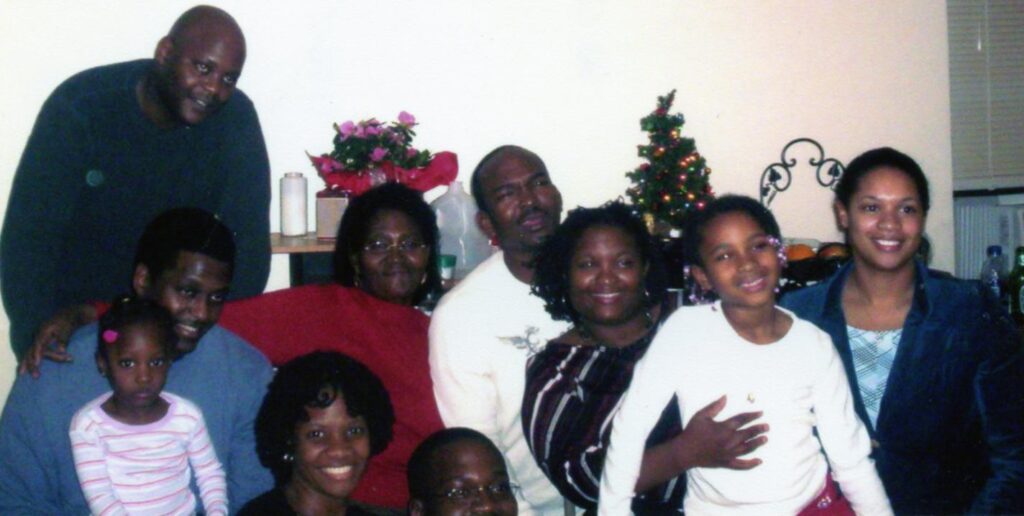
Margaret saw her role as head cook a Christ House as more than a job. For her, it was an act of service.
“She recognized the importance of nourishing others,” says Theresa. “She believed that everyone has been gifted with something and that they should follow that gift. She wanted us to focus on what brought us joy and gives services to others.”
Mary echoes that sentiment. “For Margaret, working in the kitchen at Christ House wasn’t just a job, it was really a vocation and ministry,” she says. “She was a very spiritual person and always seemed to have an inner light. Her exchange with patients — homeless individuals with significant medical needs — spoke to her deep faith and a desire to live it by caring for people whom society had discarded.”
Additionally, after experiencing firsthand the impacts of the temporary interruption in her formal schooling, Margaret became a strong proponent for education. She invested heavily in educational opportunities for herself and her children and worked to connect other children to those opportunities.
Theresa continues her mother’s mission in her own way, dedicating her career to helping families progress academically and economically. After her education at The National Cathedral School, Theresa earned a B.A. from Brown University and an M.S. from American University. She was instrumental in the founding of two college access nonprofits and spent more than seven years supporting college and career development for low-income students as senior director of the Ascend Program at Management for Leadership for Tomorrow. Since 2022, Theresa has been Chair of the Amazon Ads Education Alliance, which partners with universities to develop the next generation of diverse leaders for digital advertising.
Despite her many accomplishments, Margaret was a humble woman, driven by faith more than recognition. Theresa recalls a moment her mom was receiving the Vincent Brooks Service Award in 2015 from St. Augustine Catholic Church.
“They always start by describing the person before they say the name. My mother was listening to the description, not registering that they were talking about her. Everyone else knew it was her and someone finally had to say, ‘Margaret, go get your award!’”
Theresa adds, “She was so humble, you could describe her to a tee and she would think it was someone else. But she never sought recognition, she would always say, ‘I’m just doing what I’m supposed to do.’”
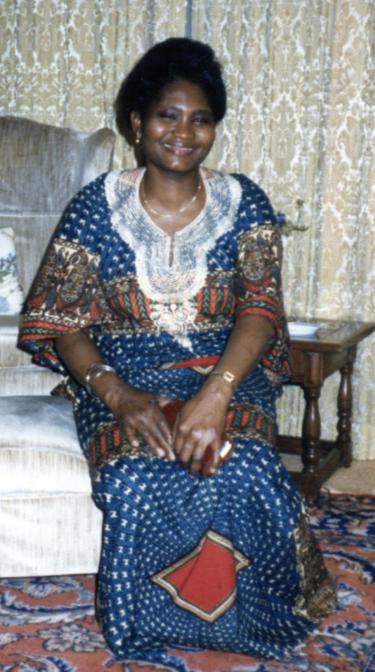
Often when the Jubilee Housing Board faced a difficult decision, after listening to input from other members, Margaret would start to speak. Everyone would wait eagerly for her words. When sensing it was right to go forward, she would say, “How can we not?” Margaret lived her life with these words, always finding ways to help others.
Neither Jubilee Housing nor Covenant House would be the same without Margaret Wanjui’s courageous leadership. She is an example of someone who leveraged opportunities to harness her inherent gifts and talents in service to others. We are honored to share her story and celebrate her legacy.
As we celebrate Black History Month and Jubilee’s 50th anniversary, we are grateful for the incredible Black leaders who have shifted and driven Jubilee’s mission in untold ways. When you read about the three featured this month, know that there are countless more whose work and gifts have had lasting impacts on the Jubilee Housing community, the neighborhood, the city, and beyond.

